Search Results for Tag: interview
How to – and how not to – report on sexual abuse

Photo: Davor Puklavec/Pixsell
As journalists, we always strive to tell the truth in an accurate manner and realize the words we choose affect the impression we leave on our readers, viewers or listeners. Being as fair and accurate as possible is particularly important when it comes to reporting on sexual abuse.
OnMedia’s Sean Sinico looks at responsible ways to report on rape and other forms of intimate partner violence and sexual abuse.
![]() read more
read more
The art of being persistent in an interview
 Something even experienced journalists struggle with is asking a question again when it isn’t answered the first time or asking follow up questions seeking clarification. This is especially true of journalists working in cultures where it is deemed impolite to question those in authority or older people. OnMedia has some tips on how to be persistent and get the answer you, and your viewers, need.
Something even experienced journalists struggle with is asking a question again when it isn’t answered the first time or asking follow up questions seeking clarification. This is especially true of journalists working in cultures where it is deemed impolite to question those in authority or older people. OnMedia has some tips on how to be persistent and get the answer you, and your viewers, need.
![]() read more
read more
Staying professional during interviews, even when it’s tough

Emblem of the GDR’s Stasi secret service (photo: flickr/elmada)
Journalists talk to a wide range of people, sometimes even those whose actions we find morally reprehensible. But it’s crucial to stay professional during an interview—even with someone you might consider a monster. As part of our series on hardest interviews, onMedia’s Kyle James remembers his struggle to keep personal feelings from derailing a talk with a former official of East Germany’s secret police, the Stasi.
![]() read more
read more
Myanmar journalist cautiously optimistic about press freedom
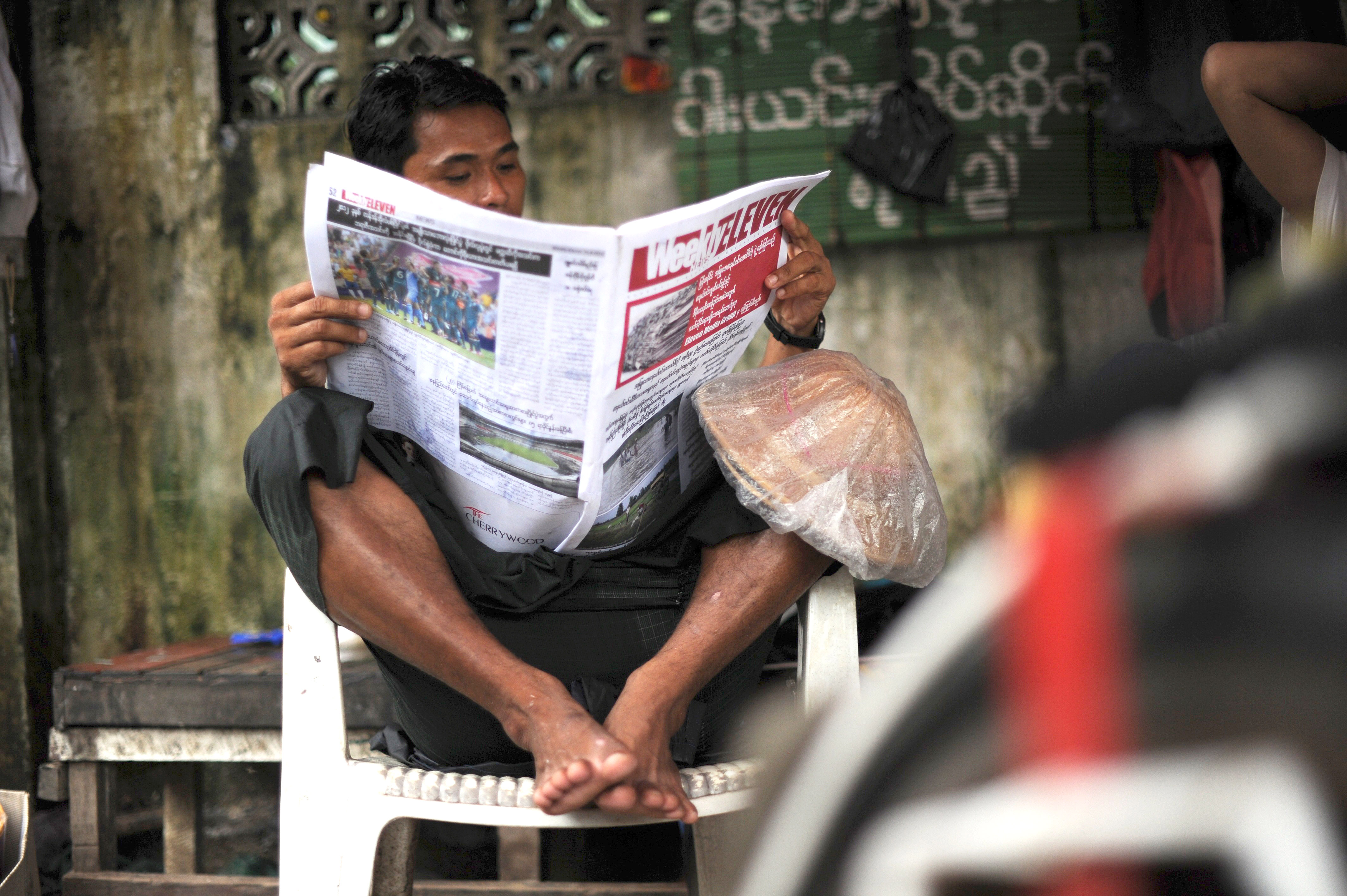
© Soe Than WIN/AFP/Getty Images
The media landscape in Myanmar is rapidly opening up. Last year, the government ended the direct censorship of the country’s media after almost fifty years of some of the most draconian press laws in the world. Privately owned newspapers are flourishing and newspaper stands now feature on many street corners. Reporters Without Borders even talked of “historic progress” in its last report on the country’s media health.
One of the few newspapers which was allowed to be published during Myanmar’s military rule was The Myanmar Times. The paper’s managing director, Zaw Win Than, has seen many changes since he first started working there as a journalist in 2006. DW Akademie’s Nadine Wojcik asked him about the shifts in the media landscape since the military junta ended in 2011.
![]() read more
read more
People Who Innovate – Mark Little, Storyful
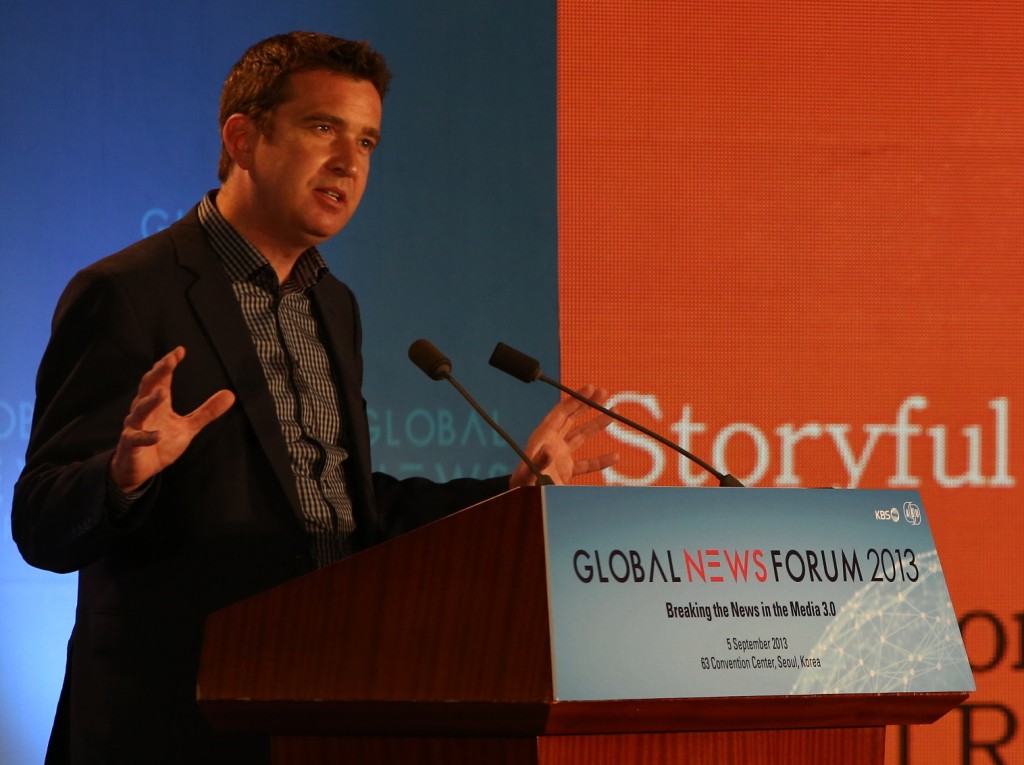 Irish journalist Mark Little quit his job as a prime time news anchor in late 2009 to found Storyful, a news service with a twist. Like traditional news agencies, Storyful delivers news content to media organizations. The novelty is that this content is culled from social media networks such as Twitter, YouTube and Facebook. Storyful journalists comb social media networks for interesting or dramatic videos, photos or other items. The information is then verified and put into context before being made available to the company’s subscribers (see here for how Storyful verifies stories from Syria).
Irish journalist Mark Little quit his job as a prime time news anchor in late 2009 to found Storyful, a news service with a twist. Like traditional news agencies, Storyful delivers news content to media organizations. The novelty is that this content is culled from social media networks such as Twitter, YouTube and Facebook. Storyful journalists comb social media networks for interesting or dramatic videos, photos or other items. The information is then verified and put into context before being made available to the company’s subscribers (see here for how Storyful verifies stories from Syria).
Three years since it was founded, Storyful has attracted some major clients, including ABC, Al Jazeera and the New York Times, and generated hundreds of articles about its innovative take on news gathering – though the company has yet to break even. DW Akademie’s Kate Hairsine talks to Mark Little about why he started up a social media news agency in the first place, his belief in journalism and why he thinks journalists can make great entrepreneurs.
![]() read more
read more
Interviews: how to handle requests for questions in advance
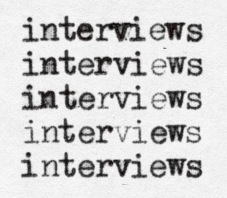 “What should I do if an interviewee wants to see a list of questions before the interview?”
“What should I do if an interviewee wants to see a list of questions before the interview?”
This is a question that comes up many times in journalism training courses.
Journalists around the world are often faced with the situation where a person they want to interview asks, or even demands, to see a written list of the questions before the interview can take place. It’s also a common request from pushy public relations consultants or the press staff of politicians.
Even journalists just starting out in their career instinctively know this isn’t a good idea. But they and more experienced journalists often lack strong arguments to convince potential guests to do an interview without seeing the questions first.
![]() read more
read more
Aron Pilhofer: ‘You have to put priority on digital’
The New York Times has long served as a example of a media organization that is successfully combining digital technologies with high-quality journalism. From the Pulitzer prize-winning, multimedia story Snow Fall, which has generated more than 3.5 million page views, to its paywall subscription model, many are looking to the prestigious institution for answers on how to survive the digital future. But the New York Times is also still experimenting. “We don’t know what is best practice,” says Aron Pilhofer, one of the best digital minds at the news organization.
Pilhofer is head of the social media team, communities team and interactive news team, which employs journalists as well as programmers and data experts (follow Pilhofer on Twitter). He recently has a new team to manage – the newsroom analytics team which aims to better understand how content is consumed. In an interview with DW Akademie’s Steffen Leidel, Pilhofer explains his hopes for the new team, the lessons he has learned from past mistakes and the challenges facing future generations of journalists.
![]() read more
read more
Talking to a child soldier
In the third part of our series about difficult and challenging interviews, DW Akademie’s Rüdiger Maack tells us how he interviewed a child soldier in Liberia.
General Snow is dancing. Only he can hear the music he is dancing to. For the rest of us it is just the sound of heavy rain dripping on the leaves of the surrounding trees of Clay Junction. General Snow jumps frenetically from one leg to the other, holding his Kalashnikov rifle with both hands over his head.
![]() read more
read more
Interviews – a spoiled investigation
As we continue in our series about difficult and challenging interviews, Martin Vogl reflects on conducting an interview that was crucial to his investigation into illegal adoptions in Mali.
I think the hardest interview I have ever done was with the head of an orphanage in Mali I suspected of being involved in illegal adoptions. The interview was tough because there was so much at stake; this interview had the potential to lift the lid on an investigation I had been working on for many months.
![]() read more
read more
Interviews – talking to a genocide survivor
As we’ve discussed in a previous blog post, so many skills go into making a good interview, especially for broadcast – from research and fact checking to crafting good questions to being a good listener.
But what about patience, empathy or just being human?
DW Akademie trainer and our Africa blog co-editor, Christine Harjes, reflects on the most challenging interview she has conducted: with a survivor of the Rwandan genocide.
![]() read more
read more




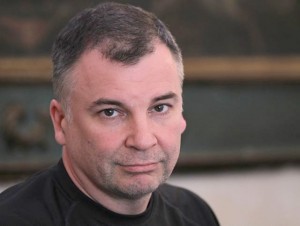
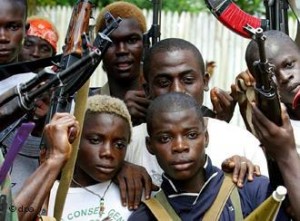
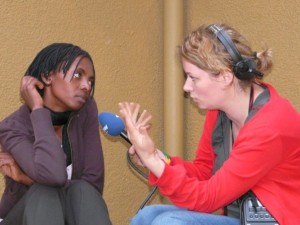




Feedback